
Goethe University study: Investors also suffer in unregulated competitions for freely available resources
Uncontrolled competitions for freely accessible resources such as fish stocks or water can have fatal consequences not only for the

Uncontrolled competitions for freely accessible resources such as fish stocks or water can have fatal consequences not only for the

The ALICE experiment at the CERN particle accelerator center in Geneva, Switzerland, investigates the state of matter shortly after the

In the world of quantum physics, electrons sometimes manage to overcome the binding forces of the atomic nucleus and leave
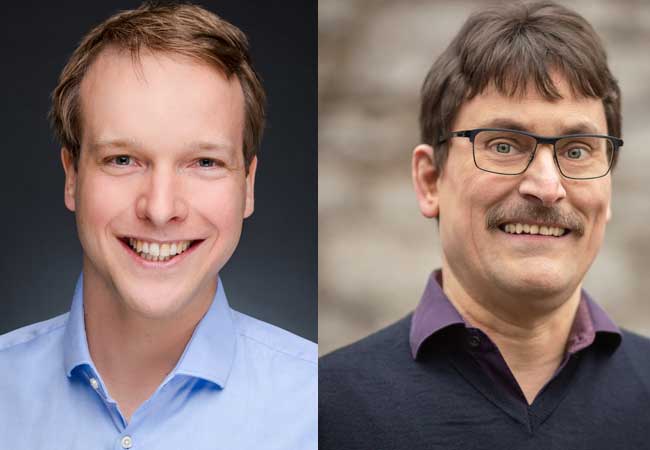
Two Goethe University physicists have been awarded high-ranking prizes by the German Physical Society. Dr. Sebastian Eckart from the Institute
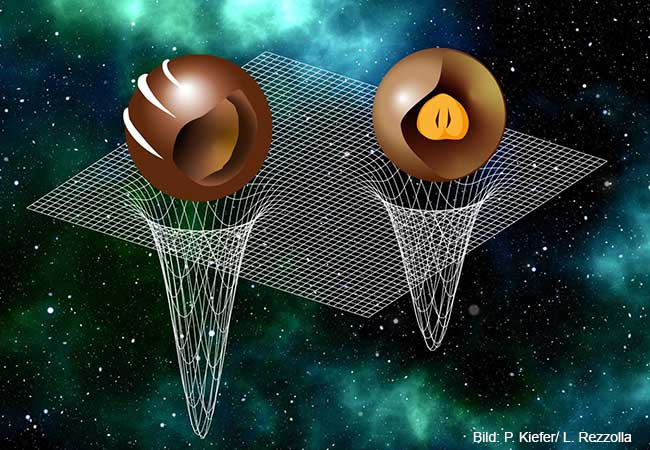
Through extensive model calculations, physicists at Goethe University Frankfurt have reached general conclusions about the internal structure of neutron stars,
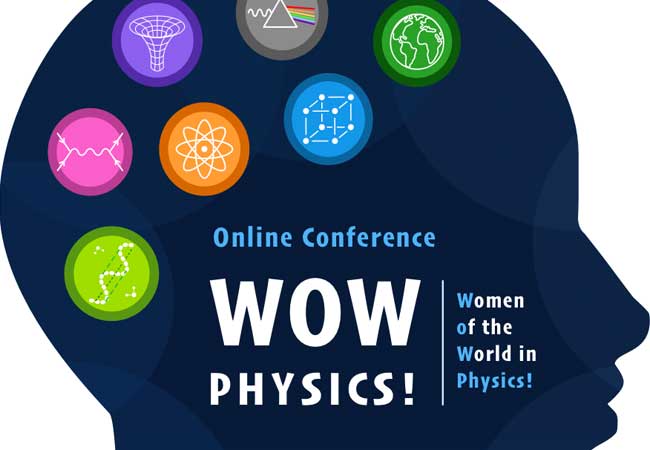
The international conference „WOW Physics! – Women in the World of Physics!“, initiated by a female physics professor at Goethe
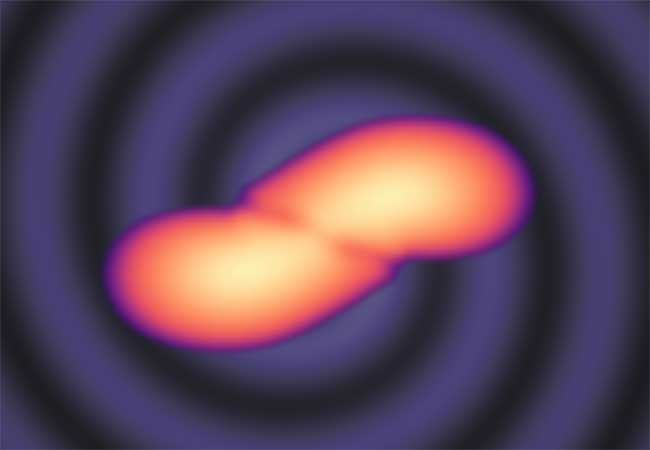
With the exception of black holes, neutron stars are the densest objects in our universe. As their name suggests, neutron
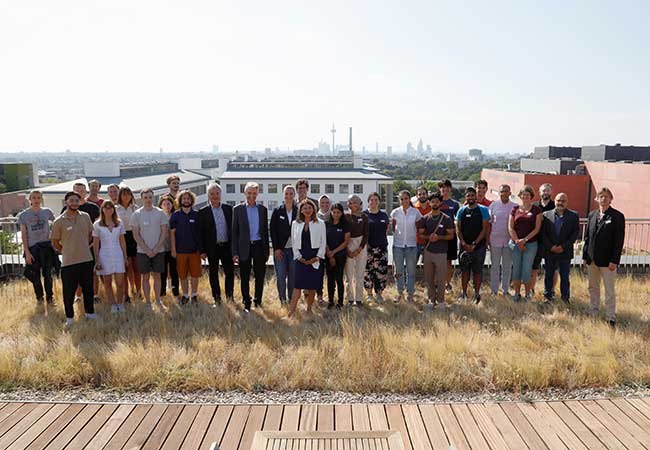
Goethe University Frankfurt is currently hosting the first “EXPLORE” summer school, giving international students the opportunity to work on real
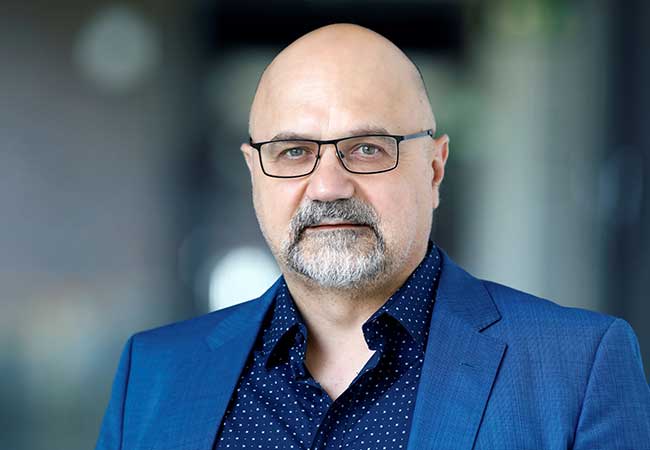
Every three years, the International Society on General Relativity and Gravitation hand-picks a few extraordinary scientists as Fellows, among them
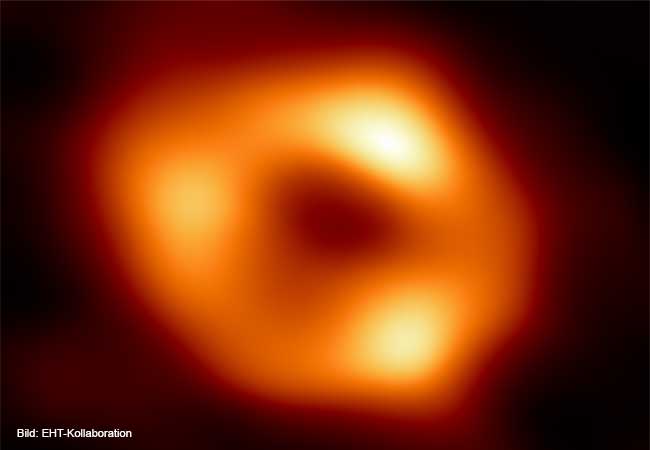
Astronomers have unveiled the first image of the supermassive black hole at the centre of our own Milky Way galaxy.
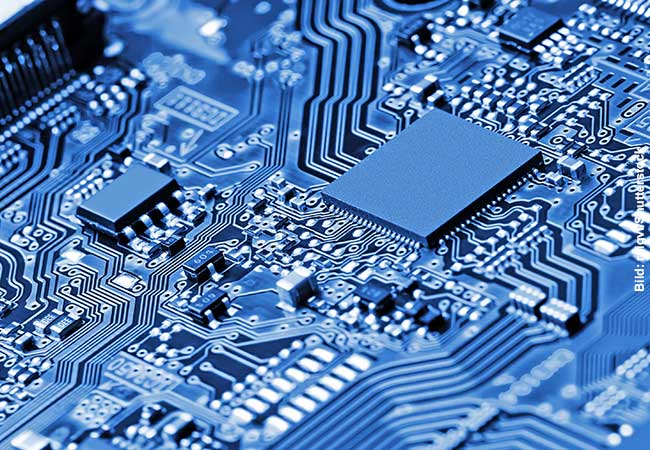
Computer chips and storage elements are expected to function as quickly as possible and be energy-saving at the same time.
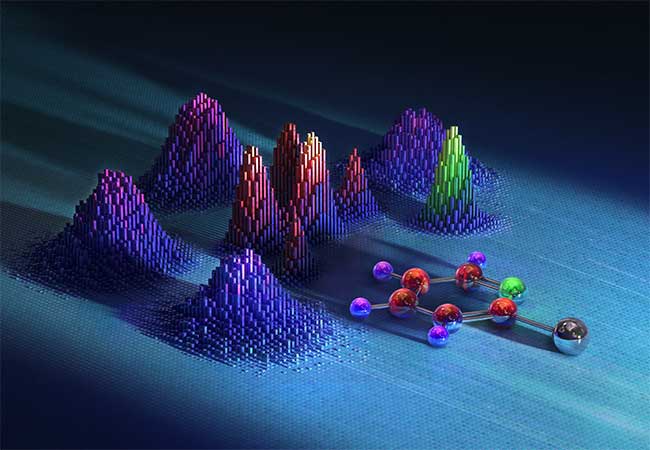
An international team of scientists at the European XFEL has taken a snapshot of a cyclic molecule using a novel
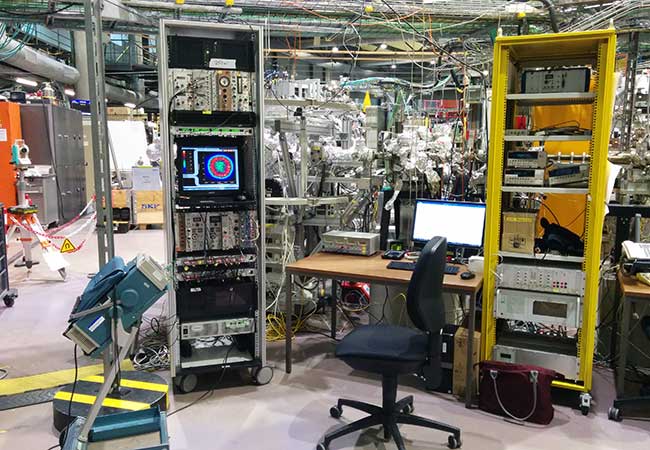
When light hits a material, electrons can be released from this material – the photoelectric effect. Although this effect played
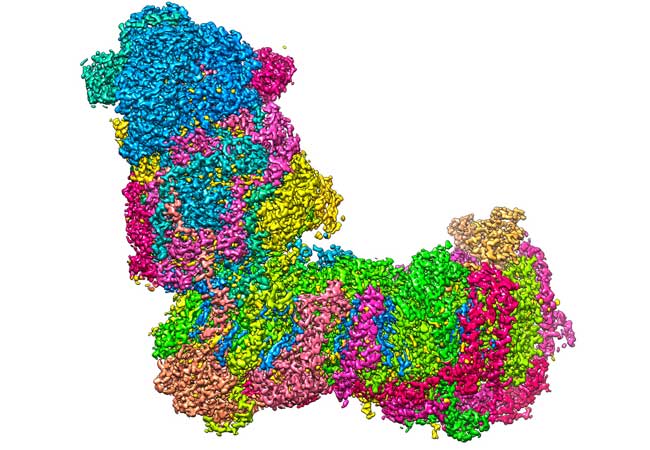
The respiratory chain plays a central role in energy metabolism of the cell. It is localized in mitochondria, the cell´s
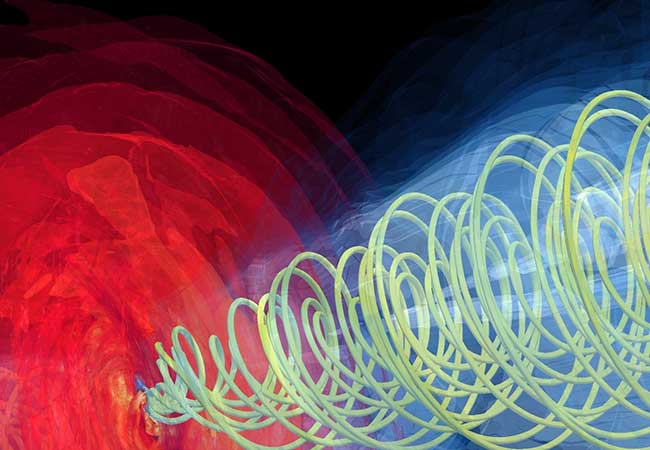
An enormous jet of particles emitted by the giant galaxy M87 can be observed astronomically in various wavelengths. Dr. Alejandro
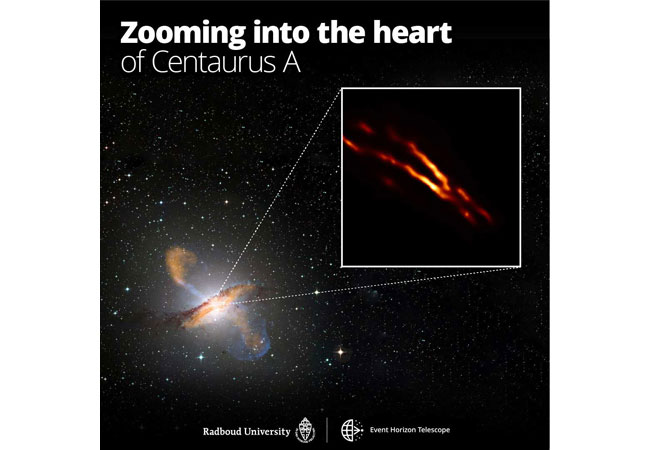
An international team anchored by the Event Horizon Telescope (EHT) Collaboration, which is known for capturing the first image of

Researching intricate geometric and arithmetic objects is the goal of the new Collaborative Research Centre Transregio 326 (TRR 326), coordinated
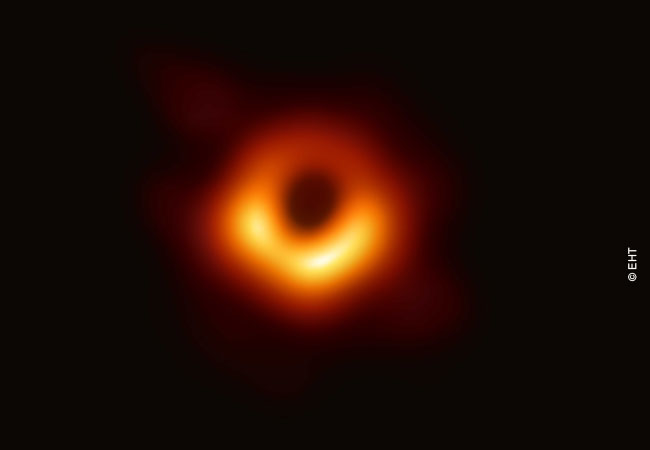
Theoretical physicists at Goethe University Frankfurt have analysed data from the black hole M87* as part of the Event Horizon
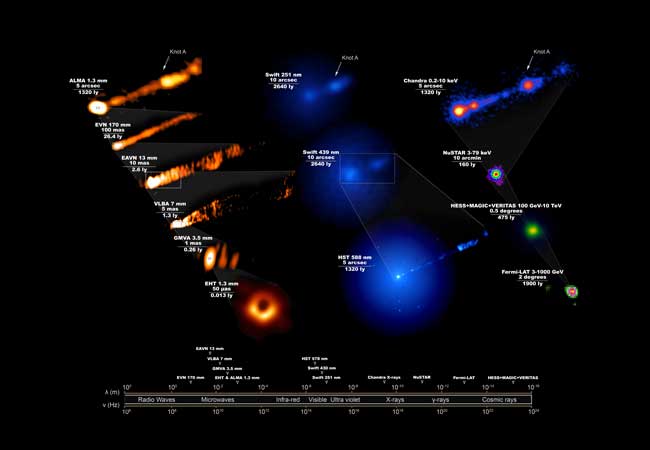
In April 2019, scientists – among them astrophysicists from Goethe University Frankfurt – released the first image of a black

Despite rising infection numbers, contact restrictions could be avoided if the vaccination rate were fast enough. Professor Claudius Gros from

Scientists of the Event Horizon Telescope (EHT) collaboration – among them astrophysicist Luciano Rezzolla and his team from Goethe University
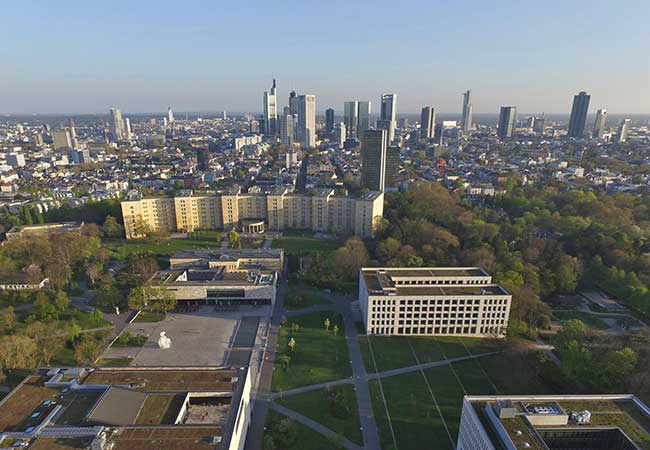
What opportunities to create trust do social conflicts offer? What happens when neutron stars merge and produce gravitational waves and
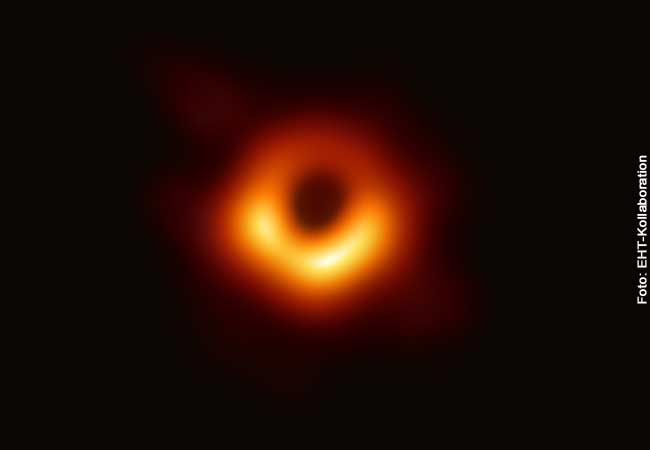
The Event Horizon Telescope (EHT) collaboration (which includes physicists from Goethe University) is pleased to have been granted by the
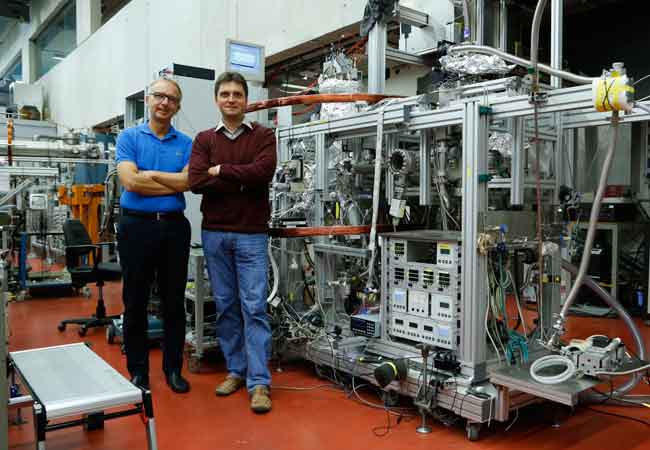
For the first time, an international team of scientists from Goethe University and the University of Oklahoma has succeeded in

The topic of electricity often poses difficulties for many secondary school students in physics lessons. Physics Education researchers at Goethe
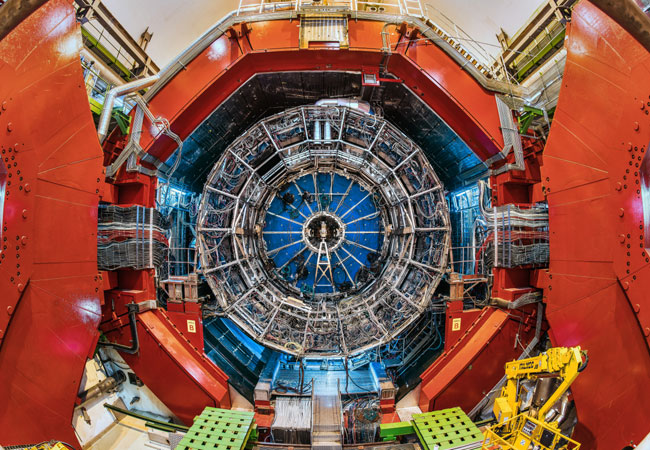
Extremely dense neutron stars may contain unstable hyperons in their interior, which, like the stable hadrons of the atomic nucleus,

Neanderthals behaved not so differently from us in raising their children, whose pace of growth was similar to Homo sapiens.
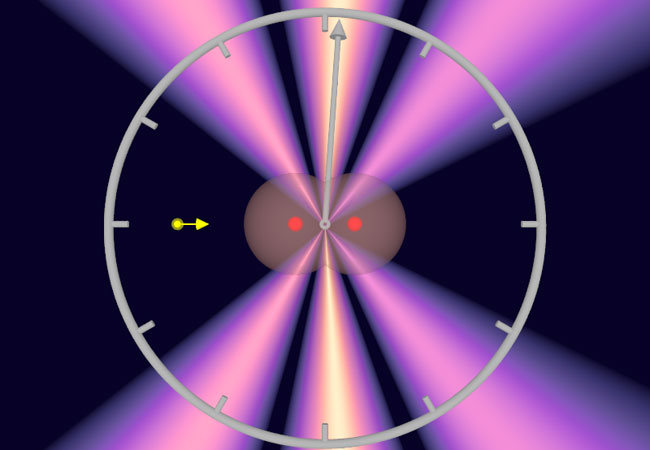
In the global race to measure ever shorter time spans, physicists from Goethe University Frankfurt have now taken the lead:
You cannot copy content of this page